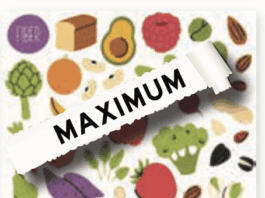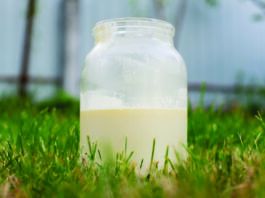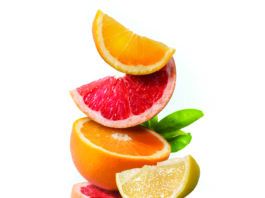Q. Colon cancer runs in my family, so I want to do everything I...
Q. Colon cancer runs in my family, so I want to do everything I can to lower my risk. Ive heard that taking extra calcium can help. Is this true?
Why Does Sugar-Free Gum Cause Gas and Bloating?
Why do I get gas and bloating from sugar-free gum?
Is Eating Fish Every Day Safe?
I live in a retirement home and eat fish every day: salmon on Monday, Wednesday, and Friday and tuna the other days. Is this good for me or should I cut down?
Are Diet Drinks with Artificial Sweeteners Bad For You?
I drink at least several cold beverages every day made with artificially sweetened powdered drink mixes, which I have heard can be bad for me. Should I stop drinking these products?
Eggs with Cracked Shells: Still Safe to Eat?
Q: If there is a crack in the shell of an egg, is it still OK to use?
Fitness and Diet DNA Testing
Q: Companies can find me the best diet based on genes. Is this worthwhile?
Drinking in Moderation: What That Means and Why It’s Recommended
Q: If we drink, were advised to do so in moderation (limiting it to one drink daily for women, two for men). What is the basis for this advice?
Q. Are nutrients lost by rinsing canned beans?
Q. Are nutrients lost by rinsing canned beans?
Is Lemon-Lime Soda Bad for You?
Does lemon-lime soda count as one of the sugar-sweetened beverages were advised to limit? Lemon-lime makes it sound a little healthier.
Does Peeling Carrots Remove Nutrients?
Q. Is it true that most of a carrot's nutrients are in or just below the skin, so it shouldn't be peeled?


























